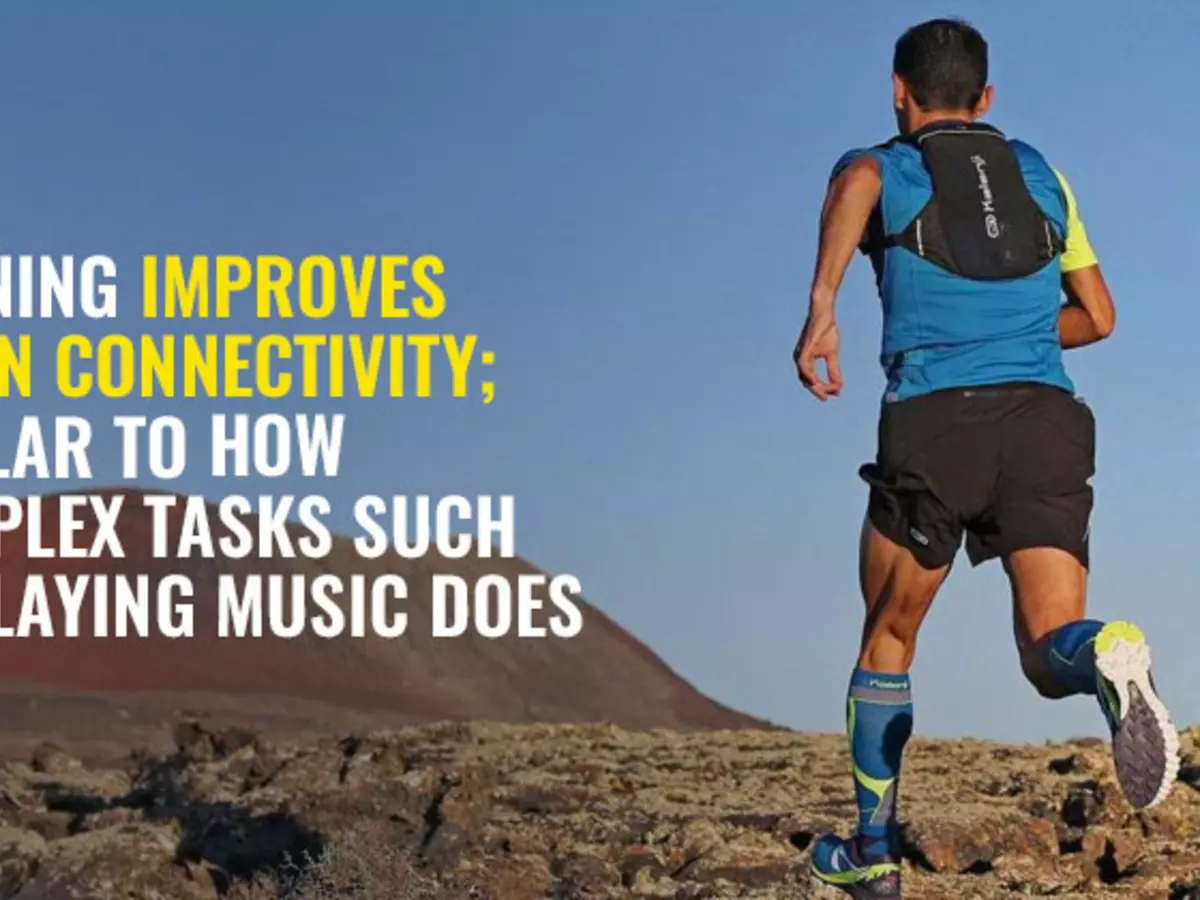Our Hunter-Gatherer Ancestry May Be The Reason Why Our Brain Needs Physical Exercise
Such interventions can tackle age-related neurodegenerative diseases such as Alzheimer¡¯s

If you thought indulging in brain-training games were the only way of stimulating the birth of new neurones (neurogenesis) and optimise the functional connectivity (neuroplasticity) of the brain, you need to have a look at what recent research has to say.

muscleprodigy.com
An online paper called, ¡°Adaptive Capacity: An Evolutionary Neuroscience Model Linking Exercise, Cognition, and Brain Health,¡± published in the journal Trends in Neuroscience last month came up with the ground-breaking multi-disciplinary hypothesis that our brains are hardwired to thrive on regular exercise.
The research suggests that the relationship between exercise and our brain is a result of our evolutionary history and our past as hunter-gatherers. The same part of the brain that gets taxed during complex tasks, such as foraging, benefit from exercise.

backpacktools.com
A couple of researchers from the University of Arizona who developed the model called ¡®adaptive capacity model¡¯ to understand how exercise impacts your brain from an evolutionary neuroscience perspective reveal sheds more light on this subject.
The model describes how during foraging bouts, people use to combine aerobic activities, motor abilities, spatial navigation and memory functions to perform a task. This combination makes foraging a cognitively complex task to perform.

medicalxpress.com
This could also explain previous findings in previous studies, such as one found in the journal Frontiers in Human Neuroscience last year that claimed running improved brain connectivity similar to how complex tasks such playing music affected it.
Our evolutionary history suggests that we are, fundamentally, cognitively engaged endurance athletes

blog.sandglaz.com
The authors suggest that if you do not engage in this kind of cognitively challenging activity you could be responsible for ageing an otherwise healthy brain. So a diminished cognitive ability or reduced capacity may be linked to the fact that a brain is not engaged enough.
The research is useful to identify and develop interventions that can tackle age-related neurodegenerative diseases such as Alzheimer¡¯s.
